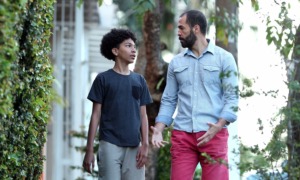Author(s): United Nations Children’s Fund (UNICEF)
Published: January 2020
Report Intro/Brief:
“Although more children than ever before are enrolled in school, for too many, schooling does not equal learning. In 2016, over 600 million children and adolescents were estimated to be not reaching minimum proficiency levels in reading and mathematics. To highlight the global learning crisis, the World Bank has introduced the concept of ‘Learning Poverty’ – the inability to read and understand a simple text by age 10. The concept draws on new data developed in coordination with the UNESCO Institute for Statistics (UIS). An estimated 53 per cent of children in low- and middle-income countries cannot read proficiently by age 10.
Even so, solid progress on getting children into school has been made. The near universalization of primary schooling is one of the great global achievements of the past 50 years. In the early 1950s, some 50 per cent of primary school-aged children were out of school. Today, that figure has come down to 9 per cent.iii But, going through school without learning critical foundational skills – literacy, numeracy, digital and transferable skills like problem-solving and critical-thinking – is a tragedy unfolding in a world being transformed by globalization and automation. For millions of children and young people, it will mean a future where they are unable to find productive employment, engage in active citizenship, or shape better futures for themselves, their families and their communities…
Underinvestment in education can result in several conditions that negatively impact how and what children learn. This advocacy brief presents data and analysis on education funding from 42 countries and highlights major disparities in the distribution of public education funding. The brief notes that the lack of resources available for the poorest children is exacerbating a crippling learning crisis, as schools fail to provide quality education for their students. It calls on governments and key stakeholders to urgently address equity in education funding and presents specific actions required to achieve equitable quality education for every child.”
>>> CLICK HERE to see all of Youth Today’s REPORT LIBRARY





























